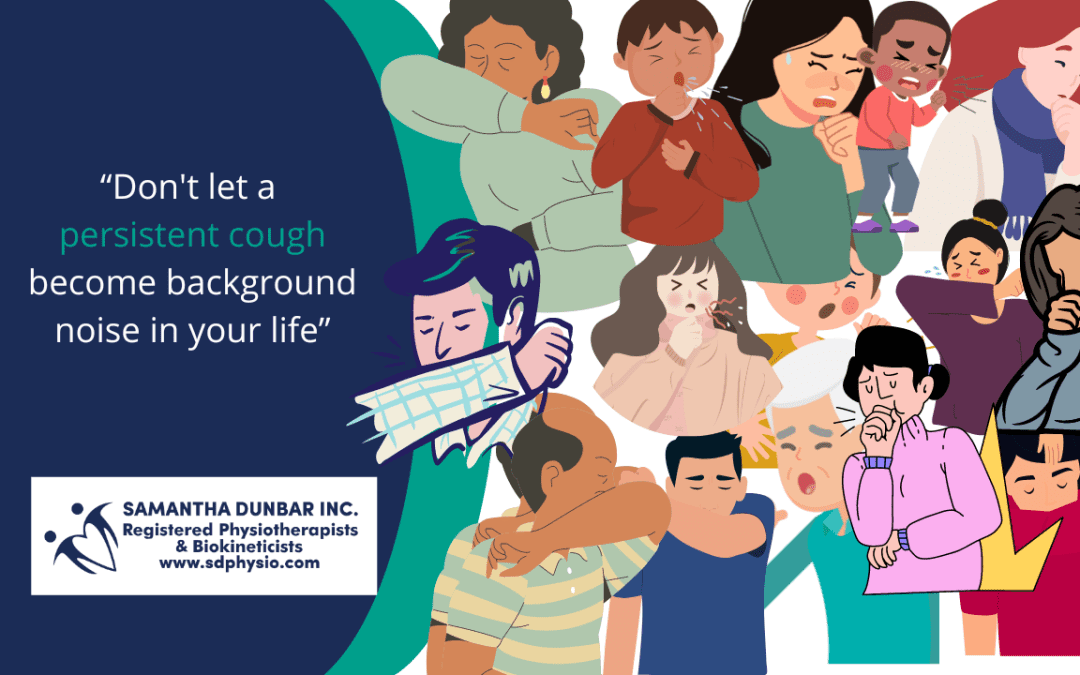A persistent cough, defined as one lasting longer than 8 weeks in adults or 4 weeks in children, can significantly impact daily life. If you or someone you know is experiencing a persistent cough.
It’s crucial to seek medical advice, especially if:
- The cough persists for more than 3 weeks.
- The cough is severe, or you cough up blood.
- You experience shortness of breath, breathing difficulties, or chest pain.
- Other concerning symptoms are present, such as unexplained weight loss, a persistent change in your voice, or lumps/swelling in the neck.
If your GP is unsure what’s causing your cough, they may refer you to a specialist. They may also request some tests, such as a chest X-ray allergy tests, breathing tests, and an analysis of a sample of your mucus to check for infection.
Common causes of a persistent cough include:
- Asthma: Often accompanied by wheezing and shortness of breath.
- Allergies: Environmental factors can trigger a cough.
- Smoking: A smoker’s cough may also indicate COPD.
- Bronchiectasis: A condition where the airways widen abnormally.
- Gastro-oesophageal reflux disease (GORD): Irritation from stomach acid.
- Certain Medications: Like ACE inhibitors for high blood pressure.
Coughs in children can also be caused by respiratory tract infections, asthma or GORD. Causes of coughs that are more common in children than adults include:
- Bronchiolitis – a mild respiratory tract infection that usually causes cold-like symptoms.
- Croup – causes a distinctive barking cough and a harsh sound known as stridor when the child breathes in.
- Whooping cough – causes symptoms such as intense, hacking bouts of coughing, vomiting, and a whoop sound with each intake of breath after coughing.
Physiotherapy for Persistent Cough:
Chest Physiotherapy:
- Percussions-loosen and breakdown mucus
- Vibrations-to further loosen and mobilise mucus
- Suction -if an individual is having trouble expelling mucus on their own.
Breathing Exercises:
- Diaphragmatic breathing is a technique that engages the diaphragm, the primary muscle of respiration. This type of breathing promotes efficient lung expansion, relaxation, and optimal respiratory function/oxygenation.
- Pursed-lip breathing- a technique that helps to keep airways open longer so that you can remove the air that is trapped in your lungs by slowing down your breathing rate and relieving shortness of breath
- Respiratory muscle training is a technique used to strengthen the muscles responsible for breathing. Inspiratory Muscle Training Focuses on strengthening the diaphragm and other inspiratory muscles, e.g., incentive spirometer. Expiratory Muscle Training targets the expiratory muscles, including the abdominal muscles.
Postural Drainage:
- Positioning the body in specific ways allows gravity to assist in the removal of mucus, making it easier to cough up or remove with suction.
Manual Therapy:
- Chest mobilisation (ribs and sternum)
- Soft tissue release (intercostal muscles)
Consulting with healthcare professionals can ensure appropriate diagnosis and treatment. Let’s raise awareness about this common yet often overlooked health issue.
#Health #PersistentCough #RespiratoryHealth #Physiotherapy #Wellness













